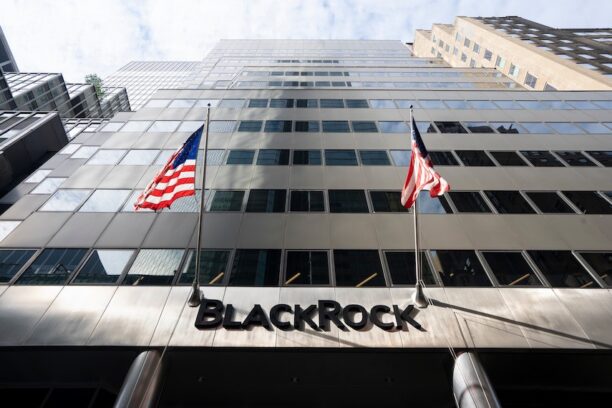In recent months, popular media has sensationalized the death of ESG/sustainability due to anti-ESG populism and a new US federal government deregulatory, anti-ESG agenda. But those headlines are only true to an extent, although moreso for those who believe that ESG/sustainability is only a regulatory compliance exercise.
Behind the scenes, real companies are still doing real ESG/sustainability work – not because it is mandated, but because the data now available shows realistic opportunities to grow revenue, cut costs, reduce risk and other compliance burdens. In other words – it benefits business fundamentals in hard dollar, practical ways.
I’ve been preaching this for many years, and blogging on it heavily in recent months. The idea was the foundation for my book published waayyyyy back in 2018 (members have free access to the 2022 update). In the last 6-8 months, messages that the business case is paramount have been loud and clear for those looking at the real situation beyond the gloomy, over-hyped headlines and an overemphasis on political change/regulatory inaction.
Here’s the bottom line: companies pursue reasonable and legal opportunities to grow revenue, manage costs, improve profitability and/or expand into new markets. Sustainability done right – linking directly to business fundamentals – does exactly that. And when business fundamentals improve, capital markets reward that.
A piece from New Private Markets last week had one of the best and clearest discussions of this I’ve seen. While in the context of private capital, it applies to almost any company:
“A common refrain has been that, while it has not been a comfortable time to have ‘ESG’ in your job title (interviewees tend to characterise it euphemistically as ‘interesting’), the heat of the spotlight has forced private markets firms to justify their sustainability endeavours with cold hard data.
One veteran of the ESG function described how they spent the first 10 years of their career being ignored (‘I was kept in a cupboard and brought out occasionally’), before spending the next few years being treated as a rock star and used as a marketing tool (‘I don’t think was helpful either,’ they said).
The ESG backlash, which predates the second presidential term of Donald Trump, has forced the industry to get back to fundamentals and to articulate clearly how initiatives are accretive to the portfolio and, ultimately, to investors. The resulting data, which is still a work in progress, is proving to be fascinating and multi-faceted, and allows sustainability professionals embedded in the portfolio teams to draw bright line connections between their work and the bottom and top lines.
‘It seems odd to use the word ‘helpful’,’ the same exec said, ‘but it is kind of helpful in making sure we are delivering on our client commitments. Roll back a few years and there was a lot of noise; it was very difficult to make sure asset managers and asset owners were aligned. Now we are able to have more grown up conversations.'”
Neither the article nor I argue that every sustainability idea has direct business value – I’m watching my local community and businesses selflessly give in response to devastation from recent flooding here and in Kerrville. The larger and more profitable companies become, the more financial resources they can dedicate to philanthropy and charity not motivated by business value.
Yet there is a need to filter operational sustainability opportunities. Certainly some transcend any single company’s actions or financial analysis. But it is far preferable for companies to be inherently incentivized to pursue opportunities they can.
What gets lost too frequently is that for any corporate sustainability achievement to continue, the company itself must have a future. When a company goes out of business, all its sustainability programs and achievements die along with it. And that benefits no one.
If this article resonates with you, check out our member resources – from Day 1 we focused on the practical business value of sustainability. Members have access to Guidebooks such as Simplifying ESG/Sustainability Business Value, E&S Risk Reduction Concepts and Valuations and Communicating ESG Value.
Members also save hours of research and reading time each week by using our filtered and curated library of ESG/sustainability resources covering over 100 sustainability subject areas – updated daily with practical and credible information compiled without the use of AI.
If you’re not already a member, sign up now and take advantage of our no-risk “100-Day Promise” – during the first 100 days as an activated member, you may cancel for any reason and receive a full refund. But it will probably pay for itself before then.
Feel free to reach out to me directly if you would like to chat.
Practical Guidance for Companies, Curated for Clarity.










